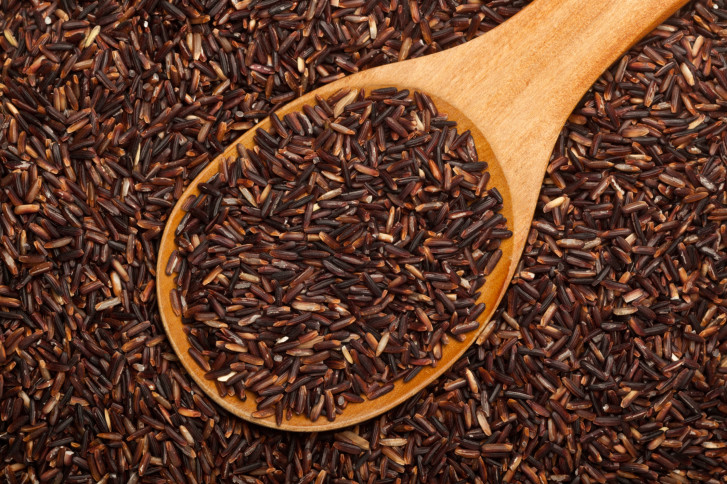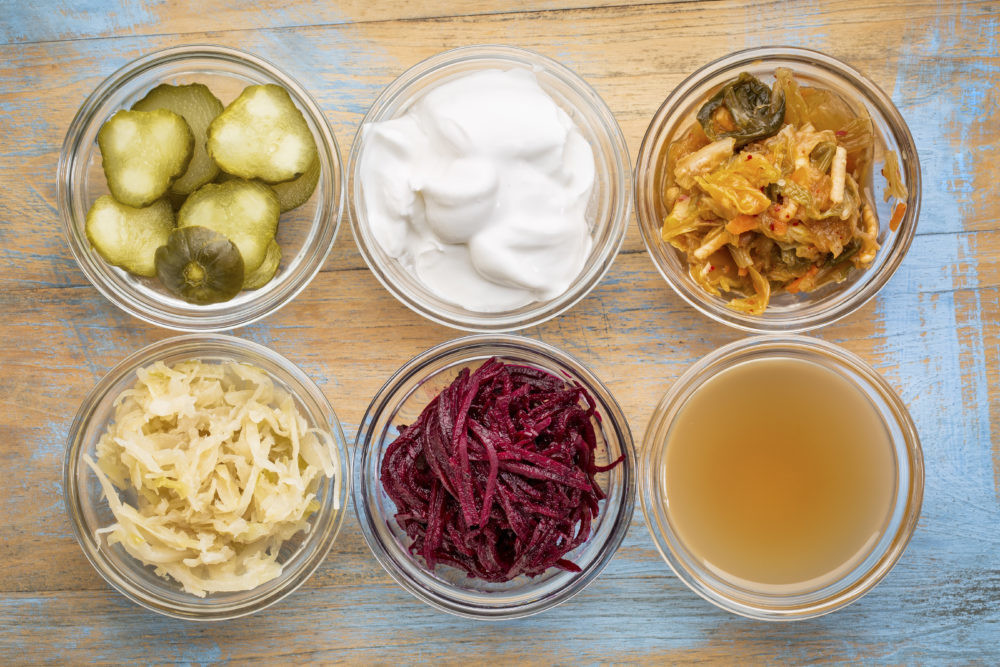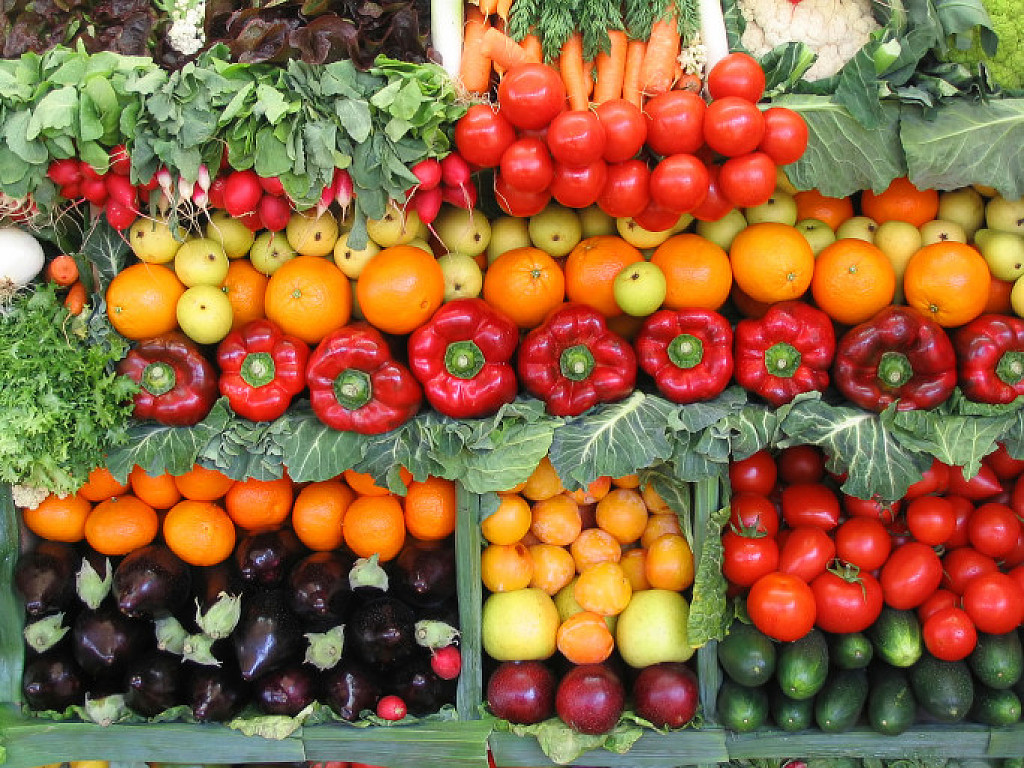Running News Daily
Running News Daily is edited by Bob Anderson. Send your news items to bob@mybestruns.com Advertising opportunities available. Train the Kenyan Way at KATA Kenya and Portugal owned and operated by Bob Anderson. Be sure to catch our movie A Long Run the movie KATA Running Camps and KATA Potato Farms - 31 now open in Kenya! https://kata.ke/
Index to Daily Posts · Sign Up For Updates · Run The World Feed
Super foods for runners to maintain a healthy immune system
Every winter, immunity becomes an important topic of conversation as the temperatures drop and we enter cold and flu season. In the midst of the COVID-19 pandemic, having a strong immune system has become even more crucial to maintaining health. While this will not guarantee that you won’t get sick (or get the coronavirus), it is still worth doing whatever you can to keep your body healthy.
We spoke with elite Canadian runner and registered dietitian Rachel Hannah to get her top food recommendations for runners who are looking to boost their immune systems and stay healthy this winter.

Plenty of brightly-colored fruits and vegetables
you´ve heard it before but it´s worth mentioning again: eating a wide variety of fruits and vegetables is a key component to maintaining a strong immune system, thanks to their antioxidant content. These nutrients improve the health of your gut microbiome, which plays a role in training your immune system and avoiding an excess inflammatory response to pathogens.

Hannah recommends eating as many colours as possible, especially leafy greens, because that will ensure you get all the antioxidants and phytochemicals necessary for proper immune function. When it comes to fruit, berries are at the top of her list thanks to their high density of antioxidants. During the winter, fresh berries may not always be available, but frozen berries are just as beneficial, and can often provide more nutrients than the fresh variety in the off-season.
Probiotics
Runners will have to eat plenty of probiotic-rich foods because they help maintain a balanced composition of gut bacteria. Prolonged or intense training can disturb the gut and increase your risk for gastrointestinal (GI) problems, which will in turn affect your immune system.
Hannah´s favorite food sources of probiotics are yogurt and kefir, and she says that miso soup is a great choice for runners as well. Other probiotic-rich foods include buttermilk, tempeh, sauerkraut, kimchi, and kombucha.
Whole Grains
Wholes grains including brown rice, wild rice, teff, barley and quinoa cannot be digested the same way other foods can. Instead, we rely on the microbiota in our digestive tract to break the fibre down into fatty acids.
These fatty acids help maintain our gut mucus barrier, which keeps pathogens out of our system. Hannah says that whole grains also contain important nutrients for immune health, and she recommends that all runners include them as a regular part of their diet.
Vitamin D
Hannah also points out the importance of vitamin D when it comes to immune health. While there are some food sources of vitamin D (such as fatty fish, fortified dairy products and fortified cereals), she explains that it is difficult to meet your daily requirement through food. For this reason, Hannah recommends runners take a supplement, since not only does it benefit your immune system, but vitamin D can help prevent other issues like fatigue, muscle pain, and stress fractures. Most health experts will recommend that adults 14 to 50 years old take 600 IU per day, however you should talk to your doctor to determine your specific needs, especially if you fall outside this age bracket.
Eating these foods will not guarantee that you won’t get sick, but they will reduce your risk of illness and improve your body’s ability to fight infections when they happen.
by Brittany Hambleton
Login to leave a comment




